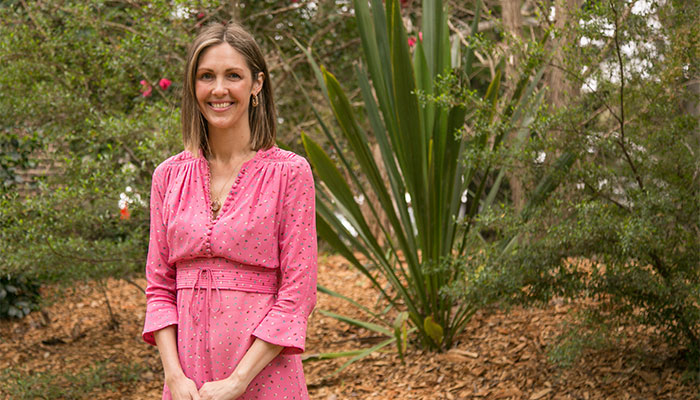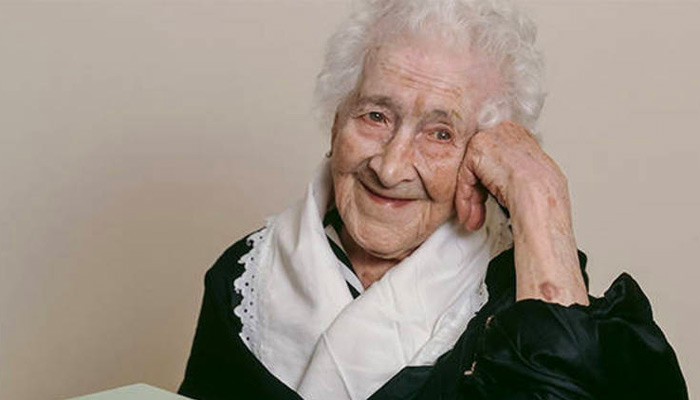Many of us would be delighted to receive a telegram from the Queen on our 100th birthday. So far on record, no one has lived longer than 122 years – the impressive age reached by Frenchwoman Jeanne Calment in 1997.
Life expectancy is the average period a person is expected to live, if current death rates continue, and is most commonly calculated at birth. Because it’s difficult to predict the future landscape of disease and how savvy we will be at treating it, estimates of life expectancy into the future are largely hypothetical.

What we do know is that global life expectancy has more than doubled in the past 100 or so years. According to the World Health Organisation, global life expectancy at birth in 2015 was 71.4 years (73.8 years for females and 69.1 years for males). Generally speaking, women live longer than men around the world – in 1990 women lived 4.5 years longer than men, with the trend remaining the same in 2015 (4.6 years longer).
Over time, death rates have been falling and until recently the expectation has been that this trend will continue. Therefore, almost certainly life expectancy figures underestimate the actual amount of time a person could be expected to live to.
The declines in life expectancy in some countries are a result of the re-emergence of infectious disease and new infectious diseases (for example the Zika and Ebola viruses). As well as epidemics, improvement in life expectancy into the future could also be threatened by the obesity crisis which is predicted to lead to higher death rates and therefore lower life expectancy. Other challenges include overpopulation, collapsing ecosystems and economic instability, which could all see life expectancy decline rather than improve.

Winning: women have a biological advantage when it comes to life expectancy, says Alexandra Bhatti.
In 2016, Dutch researchers predicted that by 2070, lifespans could increase to 125 years, and that beyond 2070 the sky may be the limit.
In discussing the research, Professor Fanny Janssen from the University of Groningen said: “People are living much longer than ever before, and will continue to do so, because of improvements in socio-economic circumstances, improved living standards, improved housing, and advances in medical care, from antibiotics to statins.
“The 125-year-old is likely to be a woman because they have a biological advantage and tend to engage in less risky behaviours than men.”
It looks likely then that the monarch a century from now will be busy writing 100th birthday telegrams.
This article was first published on 9 July 2018.



